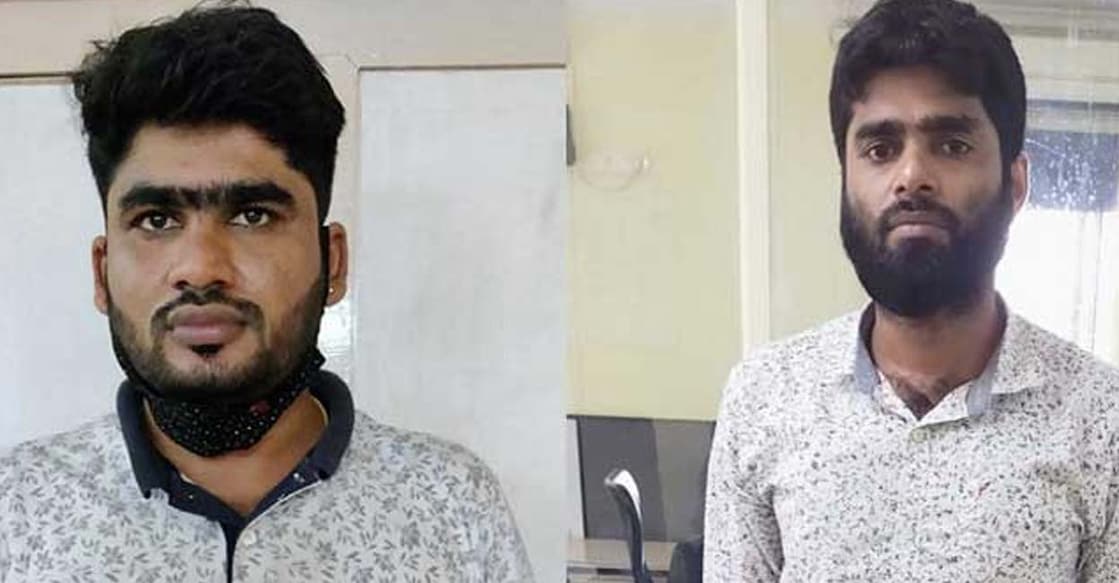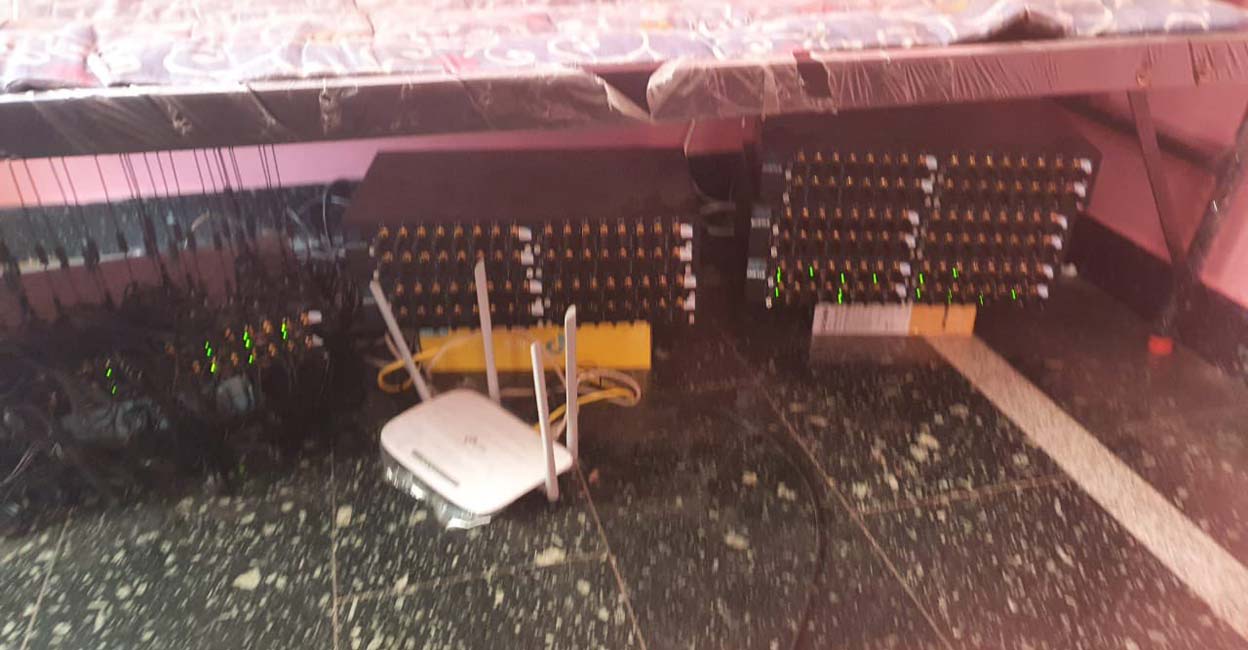How Keralite ran an illegal telephone exchange that helped Pak spies to extract Army info

Mail This Article
Bengaluru/New Delhi: A call from a Pakistani spy agency to an Army installation in eastern India has led to the unravelling of an illegal telephone exchange in Bengaluru, raising questions whether similar systems were operational in other parts of the country.
The entire racket was busted by the Military Intelligence (MI) wing of the Army's Southern Command which had intercepted the call received at the Army installation in eastern India a few weeks back.
The MI and the Anti-Terror Cell of Bengaluru Police, in their combined mission, have arrested two men who ran an illegal phone exchange. Ibrahim Pullatti Bin Mohammed Kutty (36) hailing from Malappuram in Kerala and Gautham B Vishwanathan (27) from Tirupur in Tamil Nadu were nabbed for converting international calls to local ones, causing a huge revenue loss and posing a threat to national security.
A scam to spy on Indian Army
During the intercepted call, a spy from Pakistan was asking about general details while posing as a senior officer.
On further investigation, the intelligence sleuths found that some other offices located in various formations such as the Movement Control Office (MCO) as well as the Principal Comptroller of Defence Account (PCDA) were also receiving such calls seeking details from them.
A deeper probe led to uncovering of the scam in which Pakistan-based intelligence operatives exploited such illegal exchanges to route their calls to connect with Indian citizens and obtain information of military installations.
The officials said Pakistani intelligence operatives have adopted the modus operandi of investing in illegal call exchanges that switch Voice over Internet Protocol (VoIP) calls to normal Indian mobile calls.

Parallel telephone exchange
To execute this illegal operation, SIM boxes are used which run a parallel illegal telephone exchange.
The officials explained that a Subscriber Identity Module (SIM) box, also known as a SIM bank, is a hardware-based device used in the telecom sector for termination of direct Global System for Mobile Communications (GSM) communication.
An operator uses a technology called 'migration' of the SIM cards, wherein the registration of the SIM cards jumps on different GSM modules with a specific frequency, leading to multiple GSM gateways located throughout a city or a town, and the system creates an illusion of a real user's movement by showing the call being conducted from different gateways.
This helps in prevention of a SIM card from being blocked by service providers or detected by government agencies.
Operation of these illegal exchanges not only incurs losses to the cellular networks but also to the government as it is an un-registered operation, and the money generated is un-accounted and non-taxable which can further be utilised to support anti-national activities without leaving any money trail.
The officials said the "adversary nation" has been found using these illegal SIM boxes often to obtain sensitive information and maintain contact with their agents who have penetrated into the country.
The racket run by Keralite
The racket run by Ibrahim Pullatti and Gautham came to light after the anti-terror cell of the Bengaluru Police, with the help of Military Intelligence of the Southern Command, raided their premises and seized thirty-two SIM box devices, which can use 960 SIM cards at a time.
The duo had placed the 32 devices at six areas of the city to carry out their illegal activities.
After termination of a VoIP call, the same call is further generated to the destination phone with the number appearing as that of an Indian number.
The Indian Army has issued many advisories and drafted SOPs to prevent leaks through such means. However, a lot of civilian staff still fall prey to the con.

